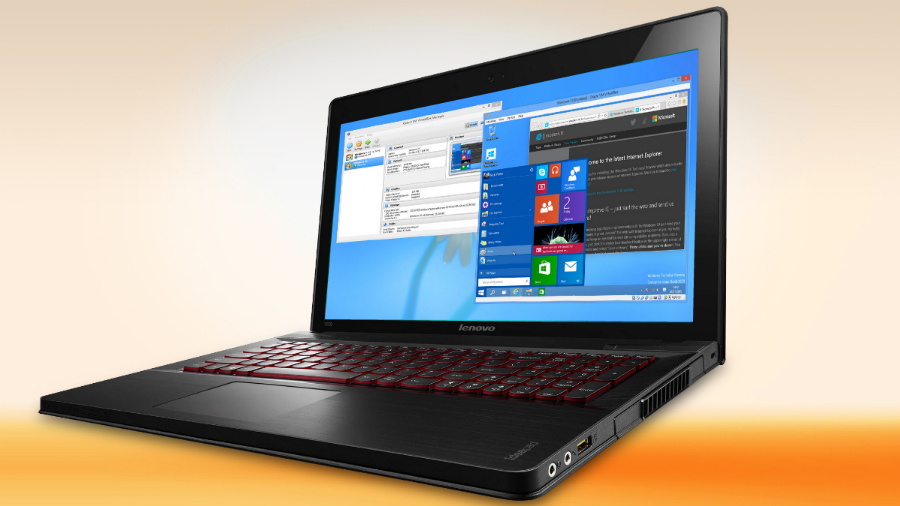Phishing emails are still the biggest danger you'll face online
Ransomware is also on the rise, unsurprisingly

When it comes to attempting to scam victims, cybercriminals are mainly sticking to the traditional route of phishing with emails, rather than trying to leverage attacks against newer technology like smartphones or other connected gadgets.
This is according to an annual report from Verizon which crunched statistics on over 100,000 security incidents that affected thousands of companies last year.
The majority of criminals are sticking to phishing via emails because this is simply proving a more and more effective method according to the lead author of the Data Breach Investigations report, Marc Spitler (Senior Manager, Verizon Security Research).
The report observed that 30% of phishing emails had been opened by their targets, which is a considerable increase from the 23% recorded back in 2014. Of those who opened the dodgy emails, 13% had gone on to trigger the phishing payload (by downloading the malware-loaded attachment or clicking through to a dodgy site). The latter figure was a slight rise from 11% two years ago, but in relative terms still represents a significant increase.
Once the victim has fallen for the bait, either malware is directly installed, or a backdoor is opened to allow the installation of malware – and of course with a company, not just the target machine but the entire network is at risk.
Swift attack, sluggish defence
While an attack can be leveraged very quickly, unfortunately the response can often be very sluggish. Attackers took only minutes to compromise systems in 93% of cases, and data exfiltration happened within minutes in 28% of incidents.
In direct contrast to this speed, Verizon noted that 84% of the companies they spoke to took a matter of weeks to spot that their systems had been breached.
Sign up to the TechRadar Pro newsletter to get all the top news, opinion, features and guidance your business needs to succeed!
The report also found that 89% of all attacks were either motivated by the prospect of financial gain, or involved espionage.
And almost two-thirds of breaches involved either the cracking of a weak password, or the usage of a default password – or a stolen password.
Finally, Verizon also observed an increase in ransomware attacks, which were up 16% compared to last year. This is another attack vector which is clearly on the rise, and will almost certainly increase further by the time the next yearly report comes out.
Via: BBC
Darren is a freelancer writing news and features for TechRadar (and occasionally T3) across a broad range of computing topics including CPUs, GPUs, various other hardware, VPNs, antivirus and more. He has written about tech for the best part of three decades, and writes books in his spare time (his debut novel - 'I Know What You Did Last Supper' - was published by Hachette UK in 2013).